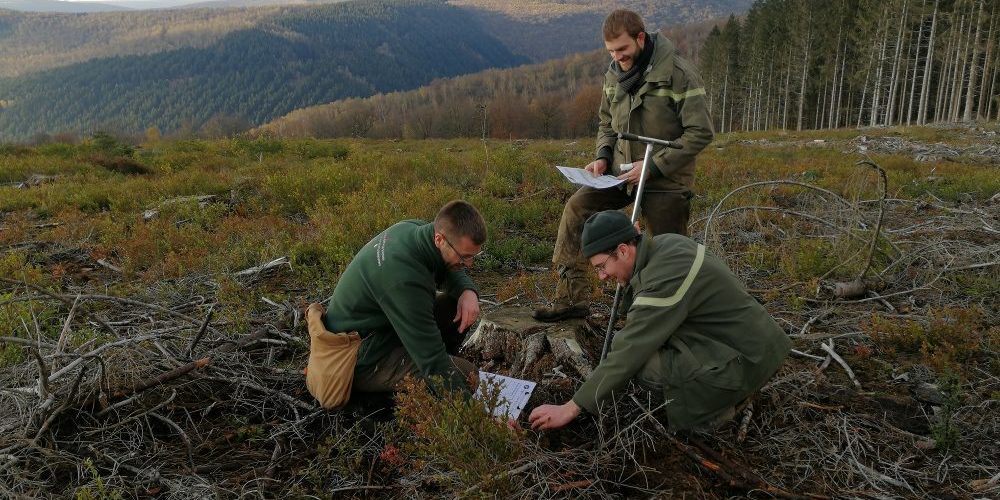Like our own forests in Belgium, those in the Grand Est region of France are ecosystems that are constantly evolving and underwent significant changes during the most recent ice ages. They have also been shaped by human activities. The main difference between climate variations in the past and those that are happening today is the speed at which the process is occurring, driven by human activity. The various species of tree will probably not have the time to migrate and adapt to these changes while retaining their potential for the production of timber. According to the latest climate projections, some species will even come under threat locally within the scale of the lifetime of a tree.
With this in mind, the project designed to test new species makes perfect sense. In the same way as the development of natural regeneration and the adjustment of management practices (dynamic forestry, mixing species, soil preservation), the assisted migration of species and provenances is one of the paths to explore that will enable the owners and manager of tomorrow’s forests and woodland to choose from the options for renewal that are best suited to the various forest contexts.
Like our Arboretums project, the “Future Islands” project is part of a process that consists of diversifying as much as possible the choice of species against this uncertain background. The primary aim is focused on testing new species capable of being more resilient to climate change. This project is run by the National Forests Office (ONF), partnered by the National Forestry Centre (CNPF), with the SRFB as the methodology partner.
More information about this project is available in the ONF information letter.


